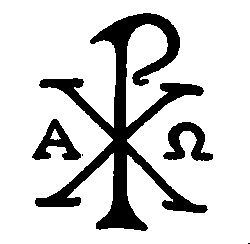New blood

Name: Giovanni Calicoborgi
Born: 1842, Treviso, Austrian Empire
Class: Demagogue
Background: Born as a second son and fourth child of prospering trader in cloth, Giovanni was influenced by his anti-Austrian and anticlerical father from young age. Family wealth enabled him to attend university abroad and he chosen to study Economy at University of London. News about the 1964 revolution reached him in France when he was returning home and he decided to join the Roman Revolution. But before he managed to reach Italy, situation changed dramatically and Giovanni enlisted with the Redshirts.
After the Revolution, he decided to stay in the Italy, observing confused society, he himself confused after fighting for the King although hating aristocracy, writing to various newspapers about plight of the workers and war veterans, although coming from wealthy background, getting people rallied for the cause of national unity, although he wasn't born in the Kingdom. Giovanni traveled from town to town mainly in the northern part of the Kingdom, but his travel started to orbit around Florence where he managed to found some patrons.

Name: Giovanni Calicoborgi
Born: 1842, Treviso, Austrian Empire
Class: Demagogue
Background: Born as a second son and fourth child of prospering trader in cloth, Giovanni was influenced by his anti-Austrian and anticlerical father from young age. Family wealth enabled him to attend university abroad and he chosen to study Economy at University of London. News about the 1964 revolution reached him in France when he was returning home and he decided to join the Roman Revolution. But before he managed to reach Italy, situation changed dramatically and Giovanni enlisted with the Redshirts.
After the Revolution, he decided to stay in the Italy, observing confused society, he himself confused after fighting for the King although hating aristocracy, writing to various newspapers about plight of the workers and war veterans, although coming from wealthy background, getting people rallied for the cause of national unity, although he wasn't born in the Kingdom. Giovanni traveled from town to town mainly in the northern part of the Kingdom, but his travel started to orbit around Florence where he managed to found some patrons.
Last edited:





